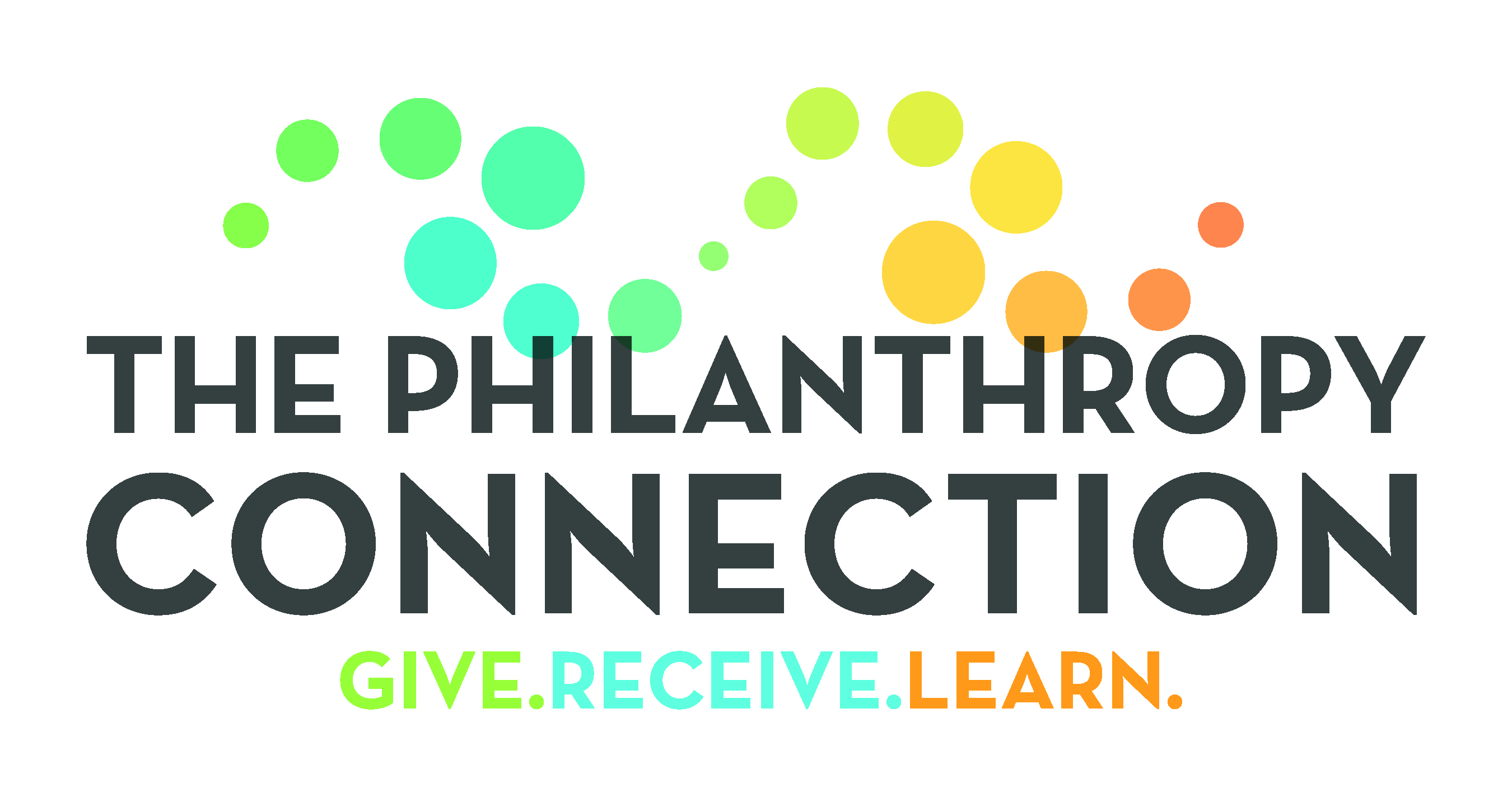Women’s Giving Organization Grants
$250,000 to Boston Non-Profits
Cambridge, Massachusetts, June 2, 2017 – On June 1, The Philanthropy Connection (TPC) awarded grants to 10 Boston-area non-profit organizations, giving a total of $250,000. TPC’s 287 members each contributed toward the grant pool.
The organizations receiving TPC grants are:
BEST Hospitality Training Corp. (www.besthtc.org) BEST provides individuals with the education, skills and training to excel in the hospitality industry and in their personal lives. Skill-based classes on topics such as how to bus tables and serve food, housekeeping, CPR certification, food safety, along with intensive career coaching and partnerships with key players in the hotel industry help BEST graduates get well-paying jobs (with benefits), and keep them.
Boston CASA. (www.bostoncasa.org) Boston CASA’s mission is to advocate on behalf of abused and neglected children located in Suffolk County. Through its network of trained volunteers, CASA works to ensure that these children grow up and thrive in safe and permanent homes.
Doc Wayne Youth Services. (www.docwayne.org) Doc Wayne’s mission is to fuse sport and therapy to heal and strengthen at-risk youth. The organization connects with youth through its sports-based therapeutic curriculum, inspired by Nelson Mandela, who said, “sport has the power to change the world, the power to inspire, the power to unite people in a way little else can.”
Friends of the Children-Boston. (www.friendsboston.org) Friends of the Children works with high-risk children to change the story of their lives and break the cycle of poverty. Each child is paired with a salaried, professional mentor for 12 ½ years, from kindergarten through high school. The program is based on research that has shown the single most important factor for building resiliency in children who face the highest risks is a long-term, consistent relationship with a caring adult.
Latino STEM Alliance. (www.latinostem.org) Latino STEM runs afterschool STEM-enrichment programs for Boston Public School students. The organization’s goal is to inspire students to consider STEM-related careers through hands-on STEM enrichment activities and relevant role models.
Louis D. Brown Peace Institute. (www.ldbpeaceinstitute.org) The Louis D. Brown Peace Institute is a center for healing, teaching, and learning for families and communities impacted by murder, trauma, grief, and loss. The organization’s services are grounded in the belief that interventions are needed at multiple levels in order to interrupt cycles of violence. The heart of the Peace Institute’s work is with families impacted by murder on both sides.
Political Asylum Immigration Representation Project (PAIR). (pairproject.org) PAIR provides free immigration services to indigent asylum-seekers and detained immigrants, assuring fairness and access to justice. The bulk of PAIR’s legal work is done by pro bono attorneys that PAIR recruits, trains, and mentors.
Refugee and Immigrant Assistance Center. (www.riacboston.org) RIAC is a community-based, grassroots organization dedicated to promoting educational and socio-economic development in Massachusetts’ immigrant and refugee communities. The goal of the organization’s services is to support successful resettlement and promote self-sufficiency.
Resilient Coders. (www.resilientcoders.org) Resilient Coders seeks to “hack the opportunity gap” by teaching computer coding to young people from traditionally underserved communities. The organization thinks holistically about the school-to-workforce pipeline, and offers a chaining series of programs that guide their hackers through the extensive journey of learning web development.
Urban Food Initiative/Daily Table. (dailytable.org) Daily Table believes that delicious, wholesome and affordable food should be available to all. To reach this end, the organization operates a non-profit retail store in Dorchester that is open to everyone in the community. The store keeps its prices affordable by working with a network of growers, supermarkets, manufacturers and others who donate their excess food, or provide special buying opportunities.
Each of these organizations was awarded a grant to fund a specific program or operations.
The idea behind TPC is simple: Most members make a $500 (35 years old and under) or $1,000 donation, which is pooled and awarded each year to eligible non-profits. TPC focuses on small organizations with annual revenue under $2 million that serve the Greater Boston area. Together, members decide which non-profits are awarded grants. TPC’s stringent grant evaluation process takes a large part of the risk out of giving, and by combining member donations women are able to have a significantly larger impact than they could have had on their own.
“Members of The Philanthropy Connection personally choose a level of involvement in learning about economic, social, and educational disparities within the Boston area. Some opt to learn about grant review, and receive training in grant evaluation and reading non-profit financial statements. The other half of members opt to donate and vote on a slate of proposed grantees, knowing that each has been thoroughly scrutinized by reviewers,” said TPC President Susan Benford.
In addition to its grant-making efforts, TPC provides Fellowships to women between the ages of 18 and 35 who are interested in becoming part of the women’s collective giving movement and who are motivated to help TPC redefine what it means to be a philanthropist – anyone who donates her time, talents, and/or money in an effort to improve the lives of others. TPC members and sponsors cover the membership donation for every young woman who receives a Fellowship.
TPC is a mostly-volunteer organization that has one staff member. Most work is done by members who volunteer their time and expertise. Operations are supported by member contributions, corporate matching funds, and by Cambridge Trust Company, TPC’s lead corporate partner.
About The Philanthropy Connection
We inspire, teach, and enable women to engage in collective philanthropy in order to provide high-impact grants to charitable organizations that create innovative ways to improve the quality of life for low-resource individuals and families living in Massachusetts.
